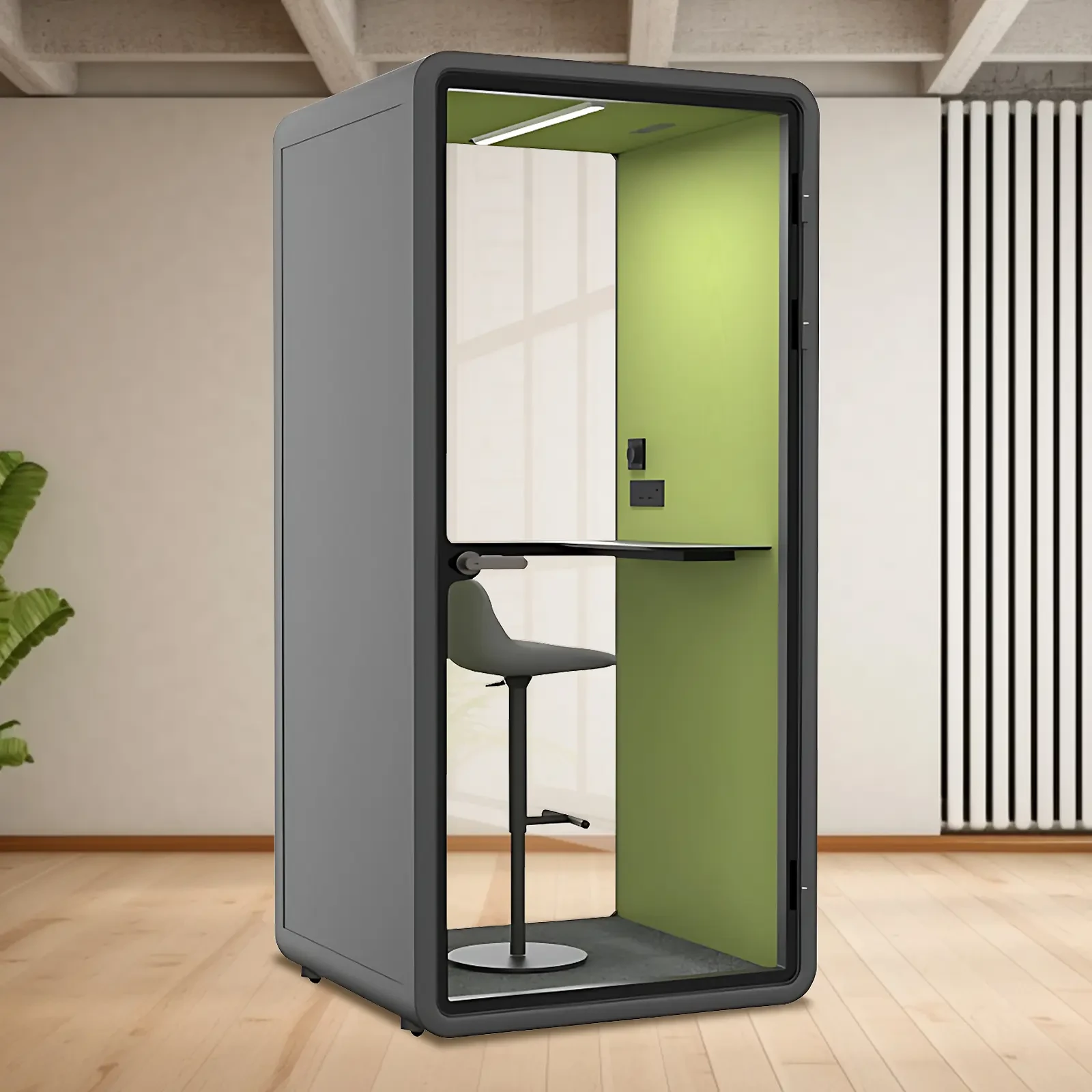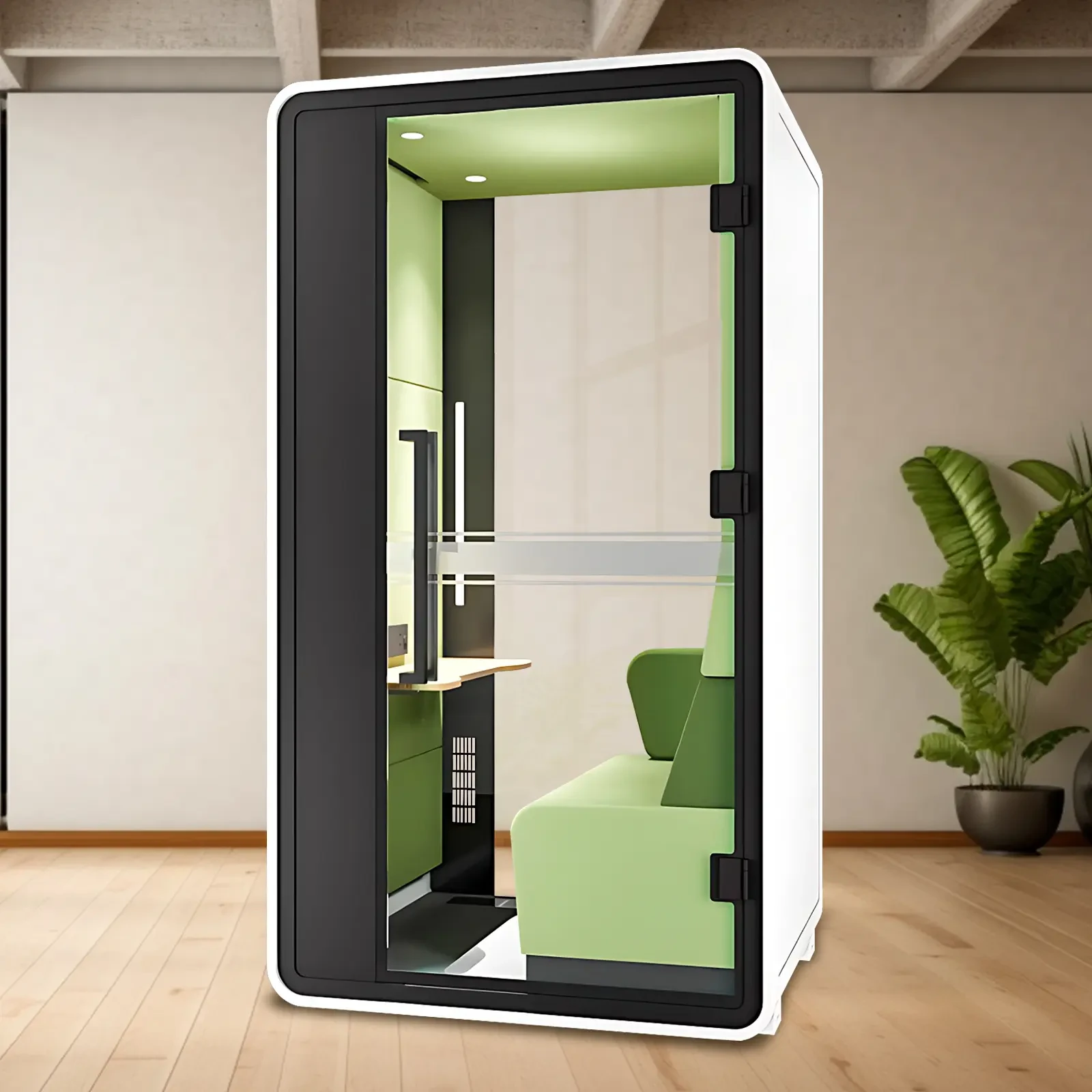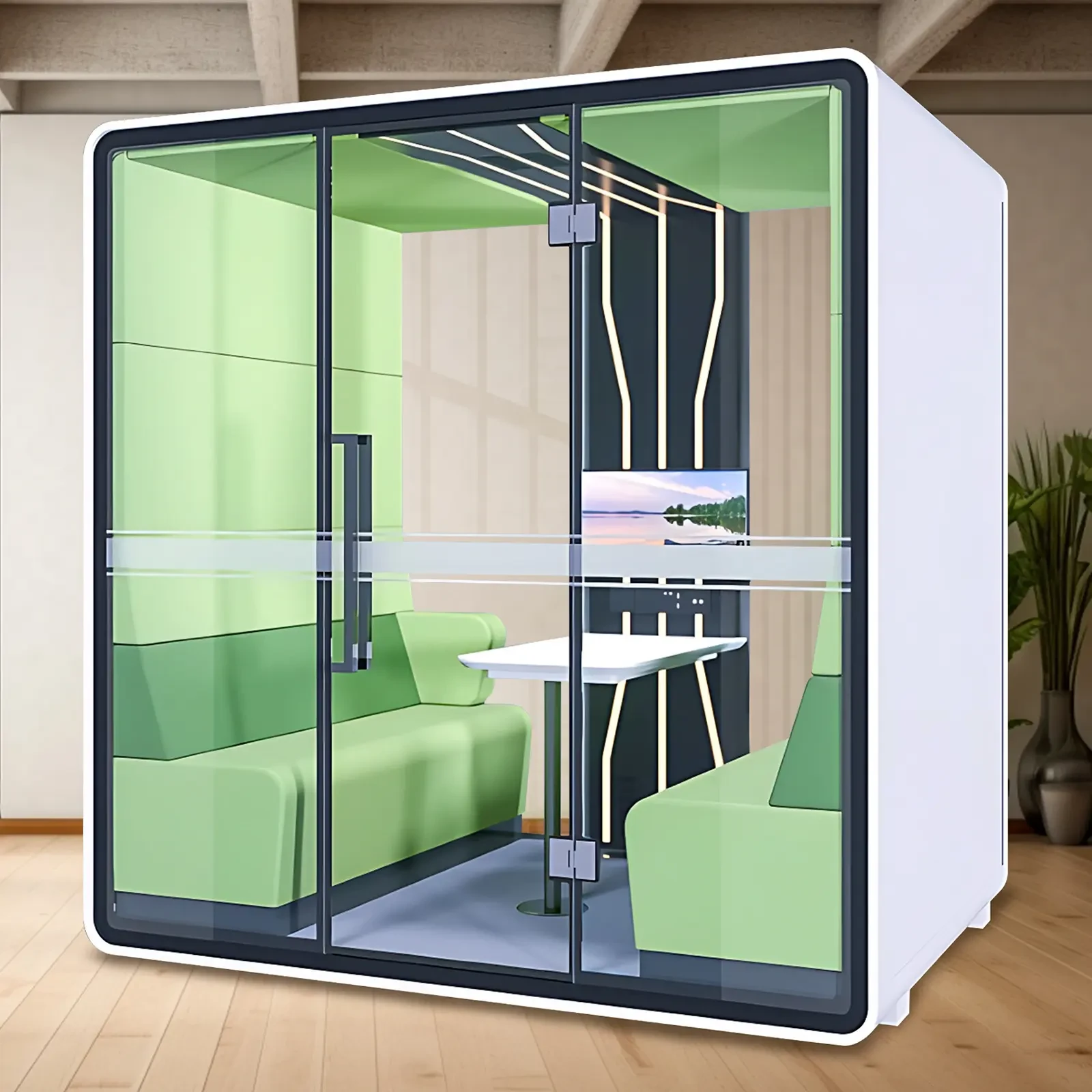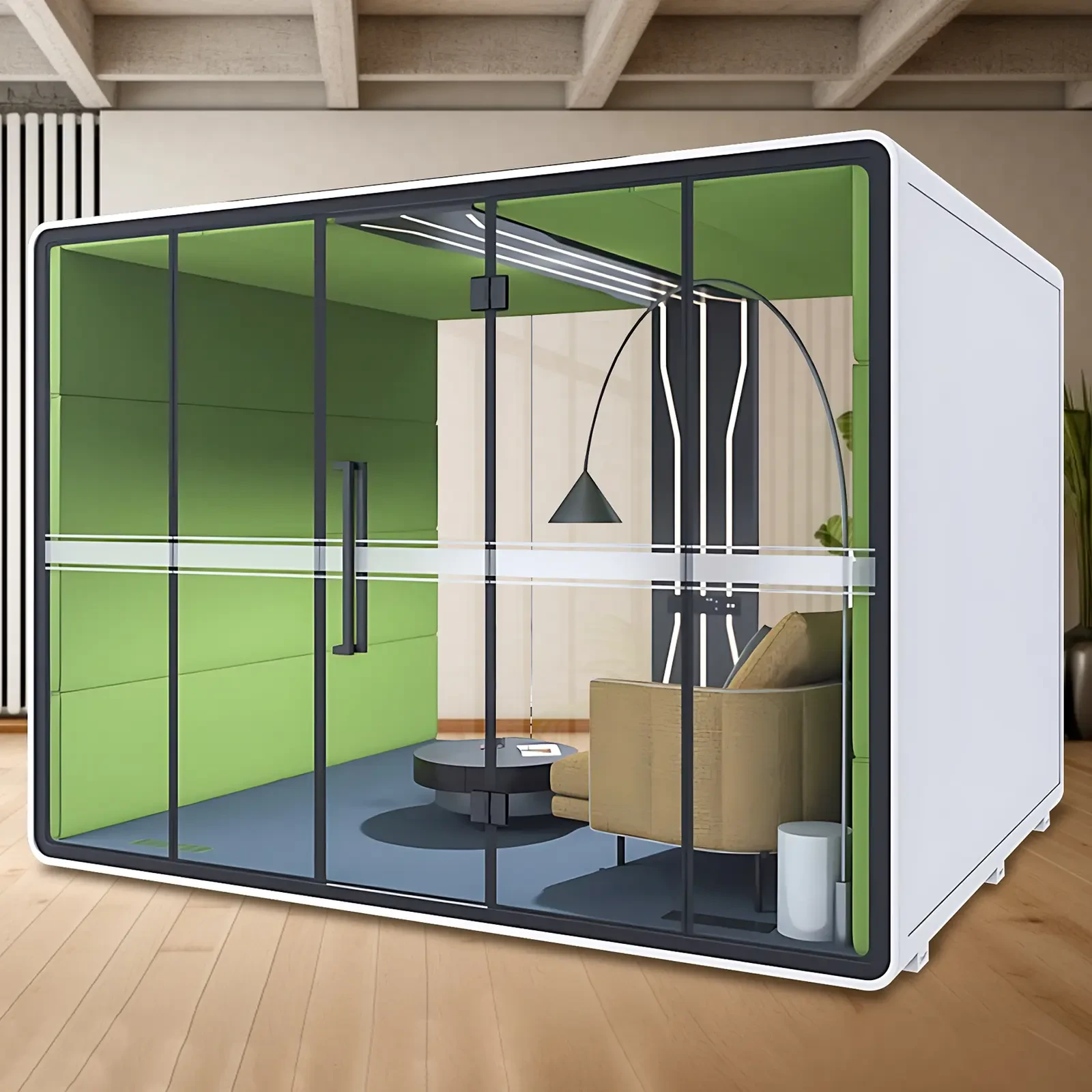If you are currently suffering from nervous breakdown due to the electric drill upstairs, the piano next door, or the strange noises like "wild ghosts in the mountains", you don't have to wait until the lawsuit is over. The court has an "immediately effective" first aid order - a pre-trial injunction for noise environmental infringement.
1. What is a "pre-litigation injunction"?
A noise injunction is a type of environmental injunction. Injunctions are temporary relief measures sought from the People's Court to promptly stop the respondent's ongoing or impending environmental pollution and ecological damage, thereby preventing irreparable damage to the applicant's legitimate rights and interests or the ecological environment. These injunctions include both pre-litigation and in-litigation injunctions, and their application covers ecological elements such as water, air, and noise, as well as natural resources such as forestland.
Popular saying
- Nature : An "emergency brake" order issued by the court before the formal lawsuit
- Speed : Cases can be filed on the same day as soon as all materials are complete, and decisions will be made the next day.
- Effect : Once signed, the respondent must immediately dismantle the equipment and stop the behavior; if he refuses to comply, the court may enforce the
- Based on : Several Provisions of the Supreme People's Court on the Application of Injunction Preservation Measures in Ecological and Environmental Tort Cases (Fa Shi [2021] No. 22), which came into effect on January 1, 2022.
2. Who can apply? What are the application requirements?
Applicant : Any individual or organization that suffers from actual interference due to noise
Four major considerations (which the court will focus on) :
- Has the noise been dealt with by the administrative authorities but continues to
- Whether the damage caused to the applicant by the noise is obviously greater than the inconvenience caused to the respondent by the prohibited behavior
- The injunction will not obviously harm national interests, social public interests or the legitimate rights and interests of others
- The evidence submitted by the applicant has "basic credibility"
3. What materials do I need to prepare?
- Evidence of the existence and urgency of the noise : audio recordings, videos, decibel test reports, medical certificates, and testimony from neighbors
- Proof of unsuccessful attempts at negotiation or administrative complaints : WeChat chat, 12345 reply, street office mediation records
- Written application : State the specific request and factual reasons for "immediately stop ×× noise"
IV. Compilation of Authoritative Cases
Case 1: Guangzhou "Wild Mountain Ghost" Recording Case
Basic facts : Since December 2018, residents in Haizhu District, Guangzhou City have continuously heard a recording of "Wild Ghosts in the Wild Mountains" played on a loop in Room 102 from 8:45 to 12:00 and 15:30 to 22:00 every day; the monitoring values did not exceed the daytime limits of the "Sound Environment Quality Standards".
Trial process : On April 13, 2022, the applicant submitted an application for a pre-trial injunction to the Haizhu District People's Court; on April 14, the court made the civil ruling No. (2022) Yue 0105 Xing Bao 1, supporting the application; on April 15, the respondent signed for and dismantled the equipment.
Typical significance : The first pre-litigation injunction against noise pollution in the country clarifies that "whether the noise pollution exceeds the standard is not a necessary condition; whether the noise pollution actually interferes with normal life is the key."
Case 2: Beijing Chaoyang Piano Noise Case
Basic facts : Since November 2021, Ms. Hu has been playing the grand piano and giving live lessons in a room with a shared wall. Ms. Xu (an elderly pregnant woman) was measured at over 55dB in the room, and repeated negotiations were fruitless.
In July 2022, Ms. Xu filed a pre-trial injunction application with the Beijing Chaoyang District Court. After conducting an on-site inspection and obtaining recordings, decibel monitoring, and other materials, the court issued an injunction on August 18, prohibiting the respondent, Ms. Hu, from playing the piano in the room with a shared wall for 30 days. On August 23, Ms. Hu moved the piano to a room without adjacent walls and installed soundproofing. After verification by the court, the injunction was lifted in accordance with the law.
Typical significance : Necessary restrictions may also be imposed on "normal life behaviors" according to the degree of impact.
Case 3: Qingdao Huangdao Billiards Late-Night Operation Case
Basic facts : A billiard club in Huangdao District, Qingdao is open 24 hours a day. The noise from hitting balls and making noise at night affects the rest of the residents upstairs (including babies). After conducting on-site inspections, retrieving monitoring data and listening to residents' opinions, the court believed that the noise had substantially interfered with normal life and issued a pre-trial injunction.
Decision : The residents applied to the Qingdao Huangdao Court for a pre-litigation injunction. After an on-site inspection and review of monitoring data, the court ruled that the billiard club should cease operations from 10:00 PM to 6:00 AM daily. The operator subsequently adjusted its hours and installed soundproofing measures, and the two parties reached a settlement.
V. Quick Reference to Regulations
Articles 2, 31 and 86 of the Noise Pollution Prevention and Control Law
Full text of the Supreme People's Court's Several Provisions on the Application of Injunctions and Preservation Measures in Cases of Ecological and Environmental Torts (Fa Shi [2021] No. 22)
VI. Suggestions
- The Supreme People's Court, in its report on the Guangzhou "noise nuisance" case , warned : "Parties should retain original recordings, videos, and monitoring data, and may use notarization or trusted timestamps to solidify electronic data, so the court can quickly determine the facts."
- Article 31 of the Noise Pollution Prevention and Control Law grants any entity or individual the right to report the matter to the relevant environmental protection department. It is recommended that you first contact the 12345 hotline, the subdistrict office, or the neighborhood committee for mediation. A written response should be retained as evidence of exhaustion of other avenues for subsequent injunction applications.
Note: This article is reprinted from Noise Rights Protection Lawyer Wu

 USD
USD
 GBP
GBP
 EUR
EUR



